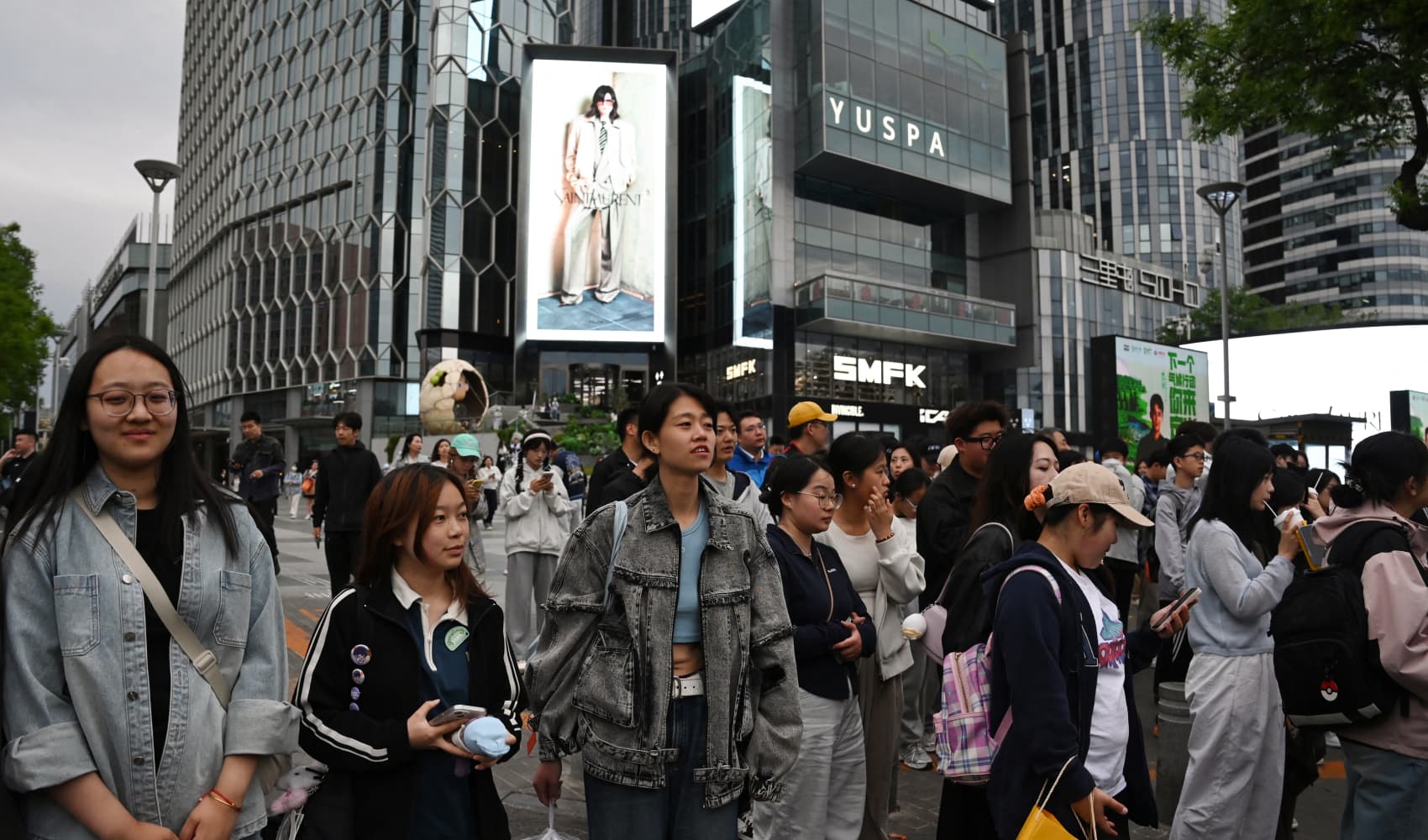Tech Earnings: Which Sector Feels Tariff Pinch Fastest?
Tech Earnings: Which Segment is Feeling the Tariff Heat First?
Introduction: The Tariff Tightrope Walk for Tech
It's earnings season again, and for tech companies, it feels a bit like walking a tightrope over a pit of uncertainty. Why? Well, tariffs, tariffs, and more tariffs! They're the elephant in the room, the uninvited guest at the quarterly earnings party. While all tech sectors are keeping a wary eye on trade tensions, some are starting to feel the squeeze more acutely than others. Are you curious to know who's wincing the most? Let's dive in!
Advertising: A Temporary Shield?
For now, businesses heavily reliant on advertising revenue seem to be weathering the storm relatively well. Think about it: ads still need to be placed, even if consumers are tightening their belts. But is this just a temporary reprieve? Will the advertising bubble eventually burst under the pressure of a slowing economy? It's a question mark hanging over the industry.
Why Advertising Might Be Holding Up (For Now)
Several factors might be contributing to the relative resilience of advertising-focused tech companies:
- Contractual Obligations: Many advertising deals are locked in for a set period, providing a buffer against immediate economic downturns.
- Digital Marketing's Dominance: Companies are still prioritizing digital marketing, regardless of the broader economic climate.
- Consumer Attention: Even when consumers are spending less, they're still consuming content – and ads along with it.
Consumer-Focused Tech: Feeling the Pinch
On the flip side, companies heavily dependent on consumer spending are starting to feel the chill. When wallets get lighter, discretionary spending is the first to go. And what falls under discretionary spending? Well, a lot of the gadgets and gizmos that tech companies are selling.
The Megacaps: Not Immune to the Tariff Tsunami
Don't think the tech giants are immune! They might have deeper pockets, but even the megacaps are starting to feel the pressure. Apple, for instance, has publicly stated it expects a significant hit—around $900 million—this quarter due to tariffs. That's not exactly pocket change, is it?
Apple's Warning: A Canary in the Coal Mine?
Apple's announcement serves as a stark reminder that even the most powerful companies are vulnerable to global trade tensions. It also raises concerns about potential price increases for consumers. Will Apple absorb the costs, or will it pass them on to its customers?
Block's Bleak Outlook: A Sign of the Times?
Block (formerly Square) offered a lackluster second-quarter profit outlook, explicitly citing a "more cautious economic environment." This suggests that the pain is spreading beyond just hardware manufacturers like Apple. The overall economic uncertainty created by tariffs is impacting a wider range of tech companies.
A Tale of Two Techs: Diverging Fortunes
We're truly seeing a "Tale of Two Techs" play out. On one side, the advertising-driven behemoths, seemingly holding steady. On the other, the consumer-facing businesses, starting to show cracks under the strain. It's a stark contrast, and one that highlights the uneven impact of tariffs.
The Trump Trade Upheaval: A Planning Nightmare
President Trump's global trade policies have created a climate of uncertainty, making it incredibly difficult for companies to plan for the future. The ever-shifting nature of tariffs makes long-term strategic planning almost impossible. How can you invest in new products or markets when you don't know what the tariff landscape will look like in six months?
Supply Chain Disruption: The Ripple Effect
Tariffs are disrupting global supply chains, forcing companies to rethink their sourcing strategies. Many tech companies rely on complex, international supply chains to manufacture their products. Tariffs can add significant costs and delays, impacting profitability and competitiveness.
The Quest for Alternative Sourcing
Companies are scrambling to find alternative sourcing options, but this is often a complex and time-consuming process. It can involve finding new suppliers, negotiating contracts, and setting up new manufacturing facilities. This can be a significant drain on resources.
Consumer Spending: The Domino Effect
Ultimately, the impact of tariffs on consumer spending is what will determine the long-term winners and losers in the tech sector. If tariffs lead to higher prices, consumers will likely cut back on spending, particularly on discretionary items. This will hurt companies that rely on consumer demand.
Innovation Under Pressure: Will Tariffs Stifle Growth?
There's a real concern that tariffs could stifle innovation in the tech sector. When companies are focused on managing tariff-related costs and supply chain disruptions, they have less time and resources to invest in research and development. This could have long-term consequences for the industry's growth.
Beyond Tariffs: Other Economic Headwinds
It's important to remember that tariffs are not the only challenge facing the tech sector. Other economic headwinds, such as rising interest rates and slowing global growth, are also contributing to the uncertainty. These factors combined create a challenging environment for tech companies.
The Future of Tech: Navigating the New Normal
The future of the tech sector will depend on how companies navigate this new normal of trade tensions and economic uncertainty. Those that can adapt quickly, diversify their supply chains, and focus on innovation will be best positioned to succeed. It's a challenging time, but also an opportunity for companies to demonstrate their resilience and creativity.
Conclusion: Key Takeaways on Tech and Tariffs
So, what are the key takeaways from this earnings season? Firstly, tariffs are indeed impacting the tech sector, but not equally. Consumer-focused businesses are feeling the pinch sooner and more acutely. Secondly, even megacaps like Apple aren't immune. Thirdly, the uncertainty surrounding trade policies is making planning incredibly difficult. Finally, while advertising-heavy businesses might be temporarily shielded, the long-term impact remains to be seen. It's a complex and evolving situation, and one that investors will need to closely monitor.
Frequently Asked Questions (FAQs)
Here are some frequently asked questions about the impact of tariffs on the tech sector:
- Q: Which tech products are most affected by tariffs?
A: Consumer electronics, such as smartphones, laptops, and tablets, are among the most affected due to their complex global supply chains. - Q: Will tariffs lead to higher prices for consumers?
A: It's highly likely. Companies will eventually need to pass on some of the increased costs to consumers. - Q: How are tech companies responding to tariffs?
A: They're exploring alternative sourcing options, negotiating with suppliers, and automating processes to reduce costs. - Q: What's the long-term impact of tariffs on the tech sector?
A: The long-term impact could include slower growth, reduced innovation, and increased competition from companies in countries not subject to tariffs. - Q: Are there any winners in the tariff war?
A: Potentially, companies that have diversified supply chains or that manufacture their products in countries not subject to tariffs could gain a competitive advantage.



